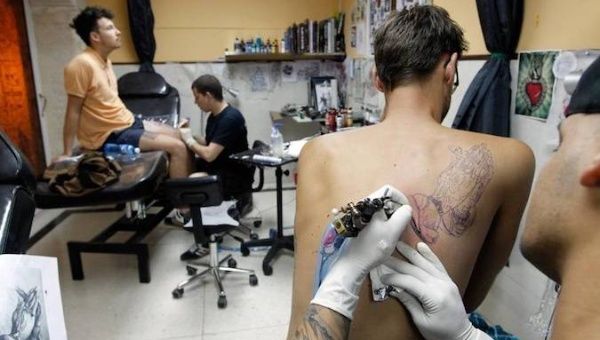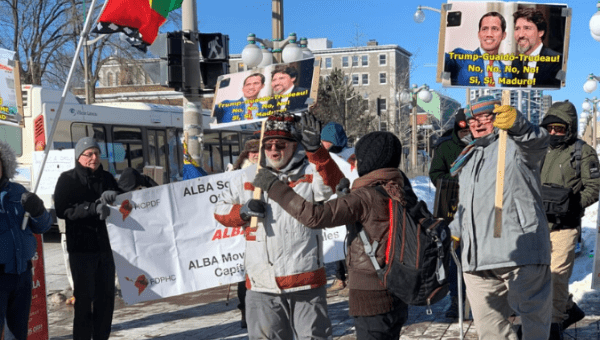
Published 29 February 2020
Asked at a White House press briefing if he was considering closing the U.S.-Mexico border, Trump said: "Yes, we are thinking about the southern border."
The United States is considering shutting the country's southern border with Mexico to control the spread of the new coronavirus, President Donald Trump said on Saturday, as his administration announced new limits on travelers who have visited Iran and recommended against travel to hard-hit areas of Italy and South Korea.

Mexico's government said on Friday it had detected three cases of coronavirus infection in three men who had all recently traveled to Italy, making the country the second in Latin America to register the fast-spreading flu-like illness.
Asked at a White House press briefing if he was considering closing the U.S.-Mexico border, Trump said: "Yes, we are thinking about the southern border."
Later in the press briefing, however, Trump played down possible restrictions at the U.S.-Mexico border. "We're thinking about all borders," he said. "We have to think about that border, but ... this is not a border that seems to be much of a problem right now. We hope we won't have to do that."
Mexico's foreign ministry said in a statement that it had not been notified of any restrictions at the border.
"Regarding the possible restrictions on entering the U.S. border with Mexico, the government of Mexico has not received any official proposal," the foreign ministry said. "Both governments have maintained close and effective communication, especially the health authorities."
Earlier on Saturday, Reuters, citing two Department of Homeland Security officials, reported that the Trump administration was considering imposing entry restrictions at the U.S.-Mexico border.
Vice President Mike Pence, whom Trump appointed earlier this week to be in charge of the U.S. response to the coronavirus outbreak, said on Saturday the administration will ban non-U.S. citizens who have visited Iran within the last 14 days and are traveling from other countries. There are no direct flights to the United States from Iran.
Deaths in Iran from the coronavirus have risen to 43, an Iranian health official said on Saturday.
The United States already bans the entry of citizens of Iran under travel bans imposed on citizens of several Muslim-majority and other countries, under a measure the administration says is necessary to protect against terrorism attacks.
The State Department is raising its travel advisory to a "Level 4" "Do Not Travel" for regions of South Korea and Italy that are hard hit by the coronavirus, Pence said.
The Trump administration has been considering adding South Korea to the restrictions it has already imposed on travelers to China for more than a week, officials said.
Pence said the State Department will work with Italy and South Korea "to coordinate a screening medical screening in their countries of any individuals that are coming to the United States." Washington state health officials reported the first patient death from coronavirus in the United States on Saturday.
A group of 11 Republicans in the U.S. House of Representatives led by Chip Roy of Texas sent a letter on Friday to top Trump administration officials that pressed for details on the plan to contain the coronavirus at the border with Mexico.
"Given the porous nature of our border, and the continued lack of operational control due to the influence of dangerous cartels, it is foreseeable, indeed predictable, that any outbreak in Central America or Mexico could cause a rush to our border," the lawmakers said.
A group of three Republican senators led by Martha McSally, of Arizona, sent a similar letter on Friday to the head of U.S. Customs and Border Protection.
Possible restrictions on travelers coming to the United States from Italy could be complicated by that country's participation in Europe's Schengen agreement, which allows travelers and goods to cross frontiers without checks, according to the DHS officials.














